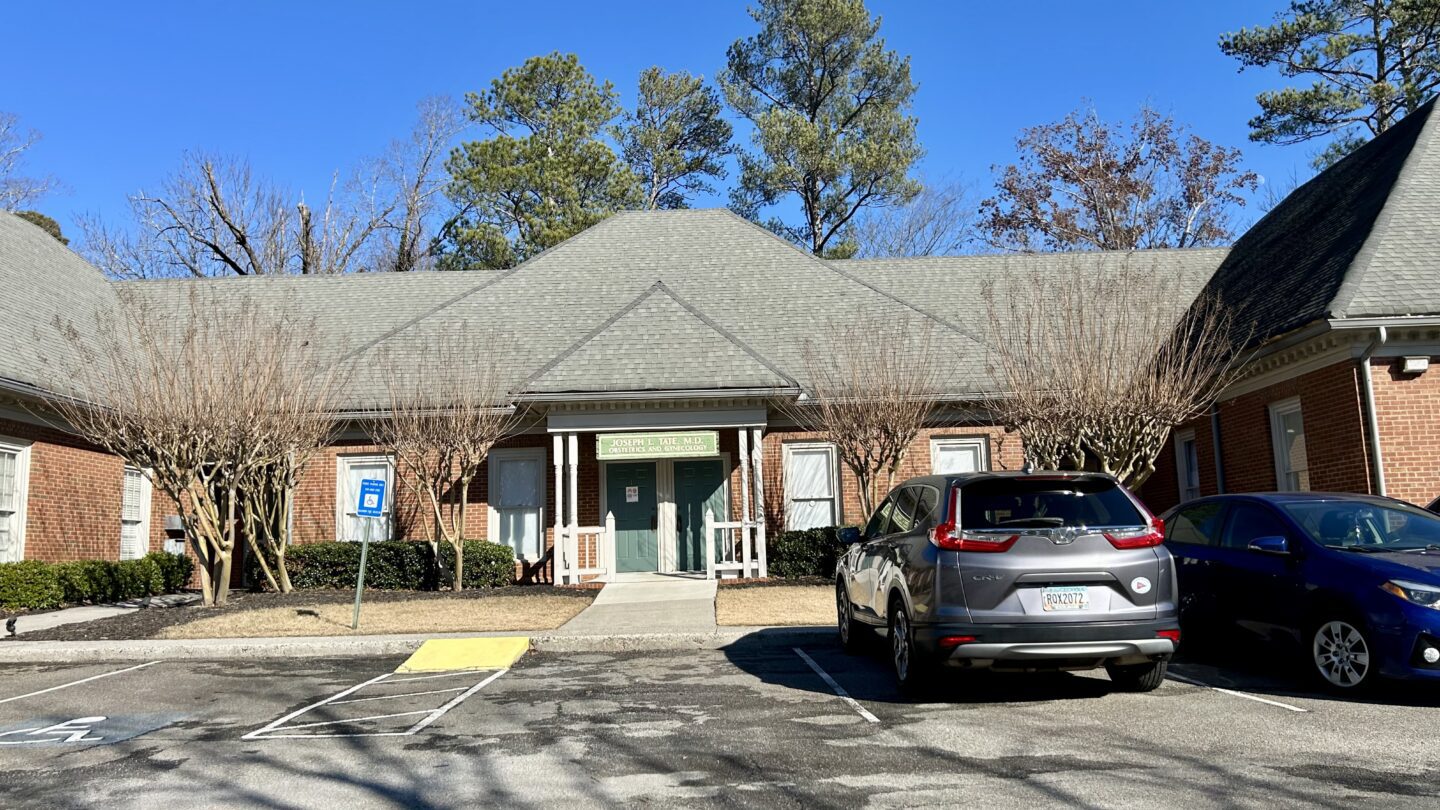Mental health advocates fight stigma to curb conditions that can kill new moms in Georgia

WABE by Jess Mador, April 9, 2025.
A couple of years ago after having her second baby, Jana Kogon barely slept.
The Atlanta mom’s mind kept racing with thoughts of all the bad things that could happen. Her fears all revolved around her children, she said.
“‘What if your eye starts to bleed and then I have to take you to the hospital,’ that’s where all my thoughts went constantly,” she said. “What if, what if, what if, what if, what if, what if, what if, what if, what if.”
It was still early in the pandemic. And, at first, Kogon pegged her feelings of depression and anxiety on everything happening with COVID-19 and being isolated at home with a baby and a 2-year old.
But over time her symptoms grew worse.
“Like, I thought someone put an AirTag on my car in Kroger and was following me home. So I asked my husband, I called him on the way home and said, ‘Someone’s following me home from Kroger. They followed me around the whole grocery store. Can you wait outside with a gun?’ And he did,” Kogon said, “but he knew something was off at that point.”
Her husband urged her to seek help at her OB-GYN’s office, where Kogon got a referral to a specialist via telehealth.
By then, she said she knew she needed the help.
“I was like, you know what? I’m just going to tell them the truth because I know that these are not normal thoughts I’m having,” she said. “Before with my anxiety, I could hide it. But once you have the hormones surging, it just takes over.”
The therapist she saw was part of an Emory University program called PEACE for Moms.
Read more from WABE.




